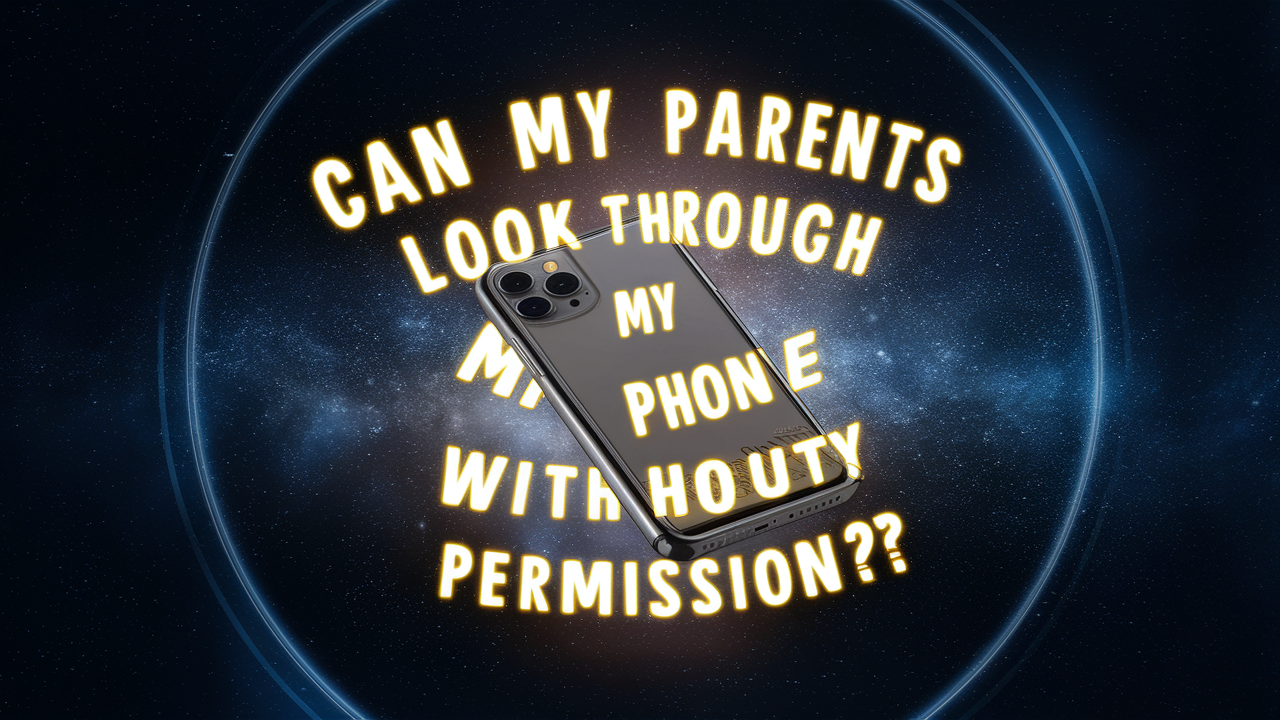Can my parents look through my phone without permission?

Most of the youth said they have sensitive data and messages in their phones that their parent or guardian should not be able to view without consent. But, as the law goes, parents do have some privileges to supervise their children’s devices for safety purposes. But, as it often turns out, the matter is not quite so simple and both the arguments may be right. Knowledge of legal and moral aspects can assist families in this challenging question of privacy and protection.
From a legal perspective, parents have the right to control their minor children and their property, and this also includes gadgets. If a parent uses their money to purchase a phone for their child or pay the bill for a mobile plan, then by law they have the right to search that phone even if the child did not permit them to do so. However, some lawyers think that society is gradually accepting teens’ right to privacy concerning their phones, content, and communication. At the moment, there are no federal statutes that give parents the right to search their children’s phones; it depends on state laws as well as court decisions. Overall, it is widely believed that parents do have the right as the legal guardians of the child especially if they own the gadget.
However, child development professionals insist that respecting the teenager’s privacy leads to a trusting relationship. Some studies suggest that teenagers who have their personal belongings and property, including phones, invaded by their parents tend to develop resentment, damage communication with their parents and are likely to withhold vital matters that are occurring in their lives. On the other hand, parents claim that, phones can provide access to improper material or communications with people with malicious intent and that parental control protects teenagers from modern digital dangers. They agree that sometimes, the safety of their children is more important than protecting their privacy.
We also get culture and family values as some of the beliefs around this subject. Parents believe that by paying for and giving children gadgets, the gadgets and related content are under their control. Some religious and socially conservative families may consider moral protection as more important than personal privacy. However, others argue that teens have privacy rights especially when it comes to talking to friends or even family members. They think that talking about the right use of a phone and being a digital citizen is better than spying on students. That is why there are rational ethical considerations for and against.
In conclusion, there is no way of avoiding conflict of interest between privacy and protection that all parents and teens have to solve. Here are some tips for finding the right balance.
- It is a good idea to have frank, non-confrontational discussions with your partner regarding expectations of privacy when it comes to phones and what rules might be acceptable for both parties. Review them periodically as your teenager matures.
- At least inform the stakeholders about the installed monitoring tools and what exactly they will be able to see. It is important not to sneakily monitor your teenager’s device.
- But if you limit features or access on your teen’s phone, do so only those that are based on actual problematic behaviors observed. Monitor minimally and judiciously.
- Do not take away their phones for long if you find disturbing material on the phone. Approach it as a teaching moment and remind children of the rules that have been set.
- Ensure your teen understands that you are okay with them coming to you immediately after they receive threatening, any other scandals, and harassing messages without feeling that it will cause a huge blow-up.
- Bark and Circle are examples of Apps that can assist parents in monitoring content and usage moderately without intruding on privacy. They inform parents about possible problems without sharing personal information.
Bear in mind that fostering trusting relationships and talking with teens about digital safety empowers them to become responsible digital citizens. Such attempts at strict control through phone searches are capable of achieving the opposite of this goal in the long run. It is important to find reasonable compromises that allow the developing teens some privacy while helping them learn how to manage the use of devices wisely and responsibly. Families can deal with this complicated matter wisely and sensibly because people can learn to be patient with each other.
Upgrade to faster, more reliable AT&T Fiber Internet today! Call us at +1 844-905-5002 and get connected with speeds that keep you ahead.